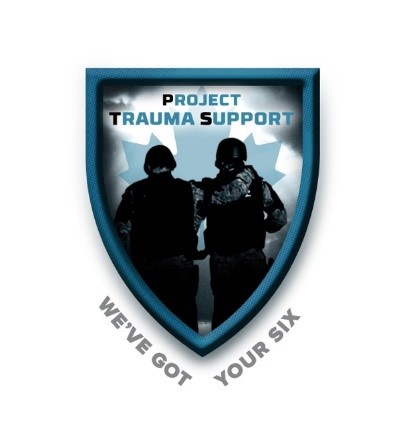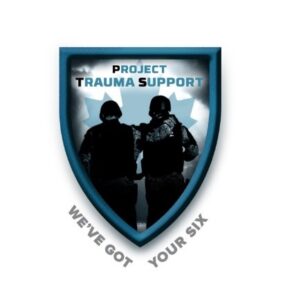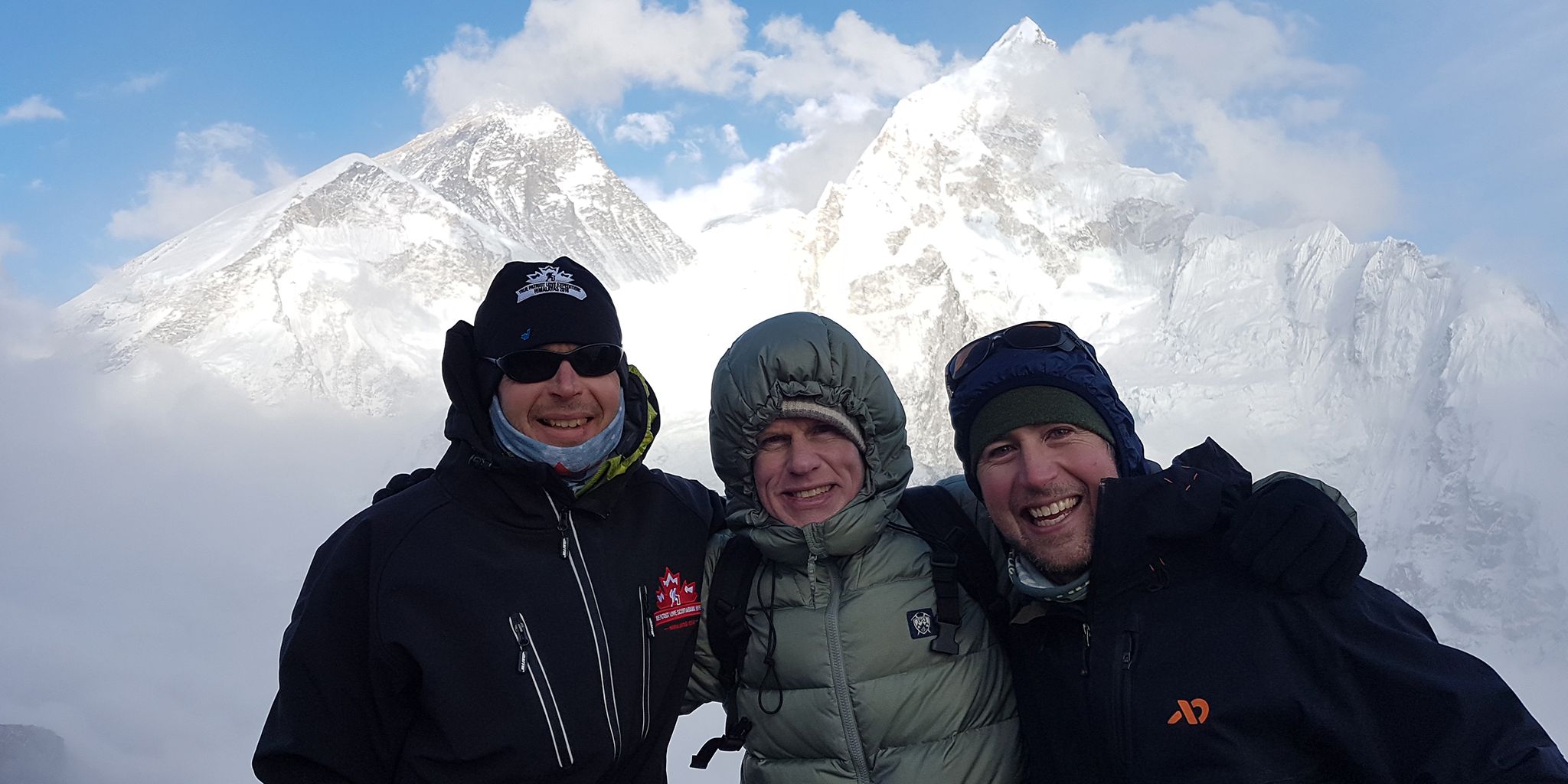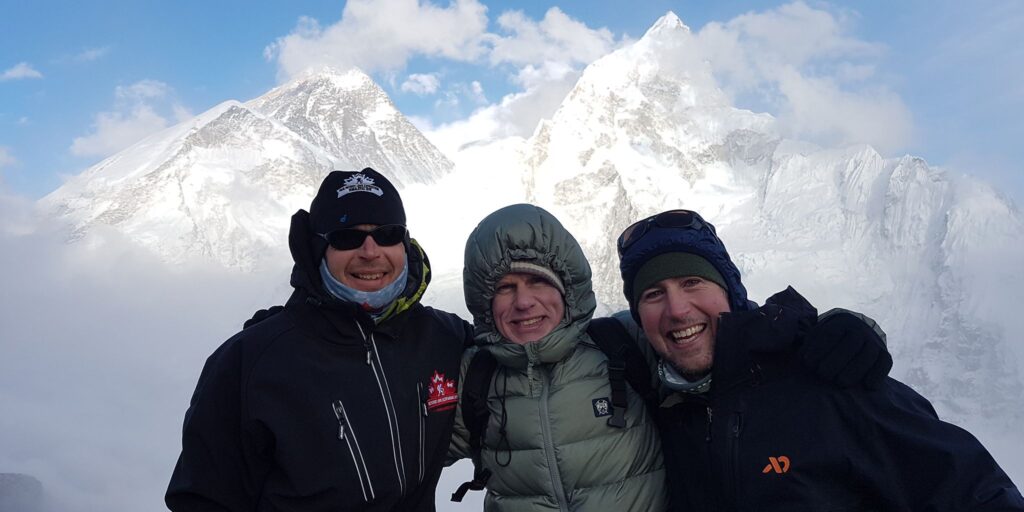Vision for a Comprehensive Mental Health Support System for First Responders and Military Members
Manuela Joannou M.D. CCFP(EM)FCFP
Medical Director, Service Injury Support Centre
Founder, Project Trauma Support
Military Members for a variety of reasons, which is resulting in an increased number of insurance claims for psychological injuries and prolonged absences from work. This is unsustainable, both in financial terms and in terms of the quality of emergency service available to society. But the real cost is to the affected first responders, who may have their lives ravaged as a cost of being in service. This document will summarize opportunities for improved working conditions and points of intervention where psychological injury claims and absences are decreased, and overall service, career satisfaction and longevity is increased. We propose that more can be done to improve emergency service workers’ and military member’s resilience, and that leadership skill and sensitivity in addressing mental health of their members can be enhanced. There needs to be more recognition that Moral Injury very often causes the burden of suffering and needs to be addressed. Peer resilience coaches can be selected and trained to provide skillful, timely and cost -effective support and early intervention. Likewise, special teams of physicians and other allied health professionals with emergency experience can be trained to provide specialized care with improved cost and effectiveness.
IMPROVEMENT OF THE SETTING:
In assessing the challenges of improving mental health within the emergency first responder services, it is apparent that stigma is a significant obstacle. Emergency Services and Defense organizations must incorporate educational programming for their command staff, new recruits and seasoned serving members to help them better understand the psychological impacts of their operations. This would include education on importance of sleep and healthy lifestyle to counter the effects of shift work and overtime hours necessitated by difficult calls. The concept of potentially psychologically and morally injurious incidents should be explored, and members should be supported in developing their own personal resilience philosophies and strengthening their own healthy coping mechanisms.
Command Staff should be given education on how to be more sensitive to the needs of their members who might be dealing with some psychological as well as physical impacts of their work. Leaders should make a point of getting to know their members well, so that they can notice early signs of difficulty. They should be especially tuned in to recognize that some behaviours that could lead to disciplinary measures could be early signs of PTSD, depression, substance abuse or other signs of mental health impairment. In addition, command staff should have a forum where they can be free to seek help and peer support for themselves without suffering any career repercussions.
The overall culture should be one of support, camaraderie and compassion, reflected through attitudes that foster improved morale, dedication and career satisfaction.
IMPROVEMENT OF THE MINDSET
Members and supervisors alike should get regular training in improving their own mental resilience and should be made to feel comfortable coming forth when they are noticing the early signs of stress.
Their first line of resources should ideally come from their own Family Physician, but they should also have access to carefully selected and trained peer Resilience Coaches, who are colleagues that have lived experience on the job but have had extra training in helping others to examine their own attitudes and thought patterns that can lead to increased psychological distress.
Members should feel comfortable speaking with their immediate supervisors, knowing that their requests for help or special considerations will be met with kindness and compassion. Every effort should be made to give members the accommodations that they need in order to get them back to being fully operational as soon as they are able.
Members should be encouraged to check in with their physicians on regular, at least yearly intervals, and have physical as well as psychological assessments done. If it is felt that members need more extensive psychological care than what the family physician or resilience coach can provide, they should be referred to a dedicated mental health professional.
There should be a team of specially trained mental health clinicians available to work with emergency service personnel. These should have either some personal experience working in emergency fields themselves or have taken it upon themselves to learn as much as they can about the culture of the emergency services, the types of critical incidents first responders may have to attend, and the impacts of such exposures.
Family members of first responders should also have access to educational programs that allow them to be alerted to the first subtle signs of operational stress, and what resources are available to help their loved ones. Many social workers and psychologists are trained in family therapy and can offer good supports to spouses and children of first responders who might be impacted vicariously by a first responder’s work stress.
PREVENTION OF OPERATIONAL STRESS INJURIES
If the above measures are in place, much will be done to address the cumulative stress of front- line service. However, the nature of emergency service work means that there will be many critical incidents that could potentially be psychologically or morally injurious. Early intervention with defusing or debriefing can be skillfully provided by trained resilience coaches who have themselves dealt with similar incidents and are trained to recognize the potentially maladaptive thinking patterns that can lead to increased and prolonged distress. This can be done in a group setting, but in some instances, it may be necessary to offer the debriefing in a one-on-one format.
The importance of restorative sleep after critical incidents must be stressed, and it is important to have physicians available who are capable of prescribing sleep medications if necessary. The physicians may also order time off work as indicated in order to prevent long term absences later. Accommodated positions may be necessary for a short term to allow members to recover from difficult calls. If there are disciplinary measures, professional conduct charges, criminal charges or investigations into operations, more psychological support, time off or accommodation may be needed.
MORE DEFINITIVE MENTAL HEALTH INTERVENTIONS
Although implementing all the cultural changes, building resilient teams and providing effective early intervention strategies will go a long way to preventing lasting psychological injury and prolonged absences from work, there will be times when specialized, more definitive care is indicated.
Addiction to drugs and/or alcohol presents a special situation, where a secure, residential facility should be considered. Ideally, there would be a facility available where only first responders attend. In this way, the addiction and any psychological injuries sustained from service can be addressed simultaneously, and participants can feel free to talk about any work-related traumas.
Post Traumatic Stress Disorder and Moral injury can cause significant disability, and when it becomes apparent that short term absence or accommodation is not beneficial, then a more intense program should be considered. We have found that our six day Project Trauma Support residential experiential program offered at the right time can be effective in either keeping a member operational or helping them return to work. Many times, the hurdle that needs to be overcome falls into the category of Moral Injury or Institutional (“Sanctuary”) Trauma, and our program specifically addresses these, as well as PTSD and other Operational Stress Injuries.
Day programming that offers group psychotherapy can be effective and can be combined with a residential program, either before or after.
Longer term in -patient hospitalizations should be reserved for members who are showing signs of severe psychiatric illness, or when there is a need for diagnostic clarity or optimization of the medication regimen.
In special circumstances, where there are refractory cases of PTSD, depression or suicidal ideation, it might make sense to consider some of the emerging therapies with ketamine or Psychedelic Assisted psychotherapy.
SUCCESSFUL REINTEGRATION
Return to work after absence, accommodation or more definitive treatment should be approached strategically with sensitivity to the potential psychologic impacts. Return to work is in effect exposure therapy itself. There should be the availability of resilience life coaches, kind and compassionate leaders, and support from colleagues and peers. There should be regular, ongoing one-on-one sessions with a trusted clinician who can monitor sleep, anxiety levels, effects of any medication, stress tolerance, adaptability, concentration and overall psychological and physical health. Peer support should be made available, preferably through collaboration between the professional association and the employer. Linking with outside agencies and members from other emergency services can often be beneficial. This provides additional supports and the validation that work in the emergency services extracts a toll on the very humanity of an individual. The training, instruments, weapons and uniforms may be different, but the psychological impacts are the same.



 Project Trauma Support is grateful to have received a grant from the J.P. Bicknell Foundation which allows us to offer this special program for First Responders and Military Members who are staying on the job in spite of significant operational stress.
Project Trauma Support is grateful to have received a grant from the J.P. Bicknell Foundation which allows us to offer this special program for First Responders and Military Members who are staying on the job in spite of significant operational stress. With increasing challenges faced by those who are the first and last defense of our communities and our country, it is imperative that we develop and implement responsive programming that can assist those who hold the lines in a timely and effective manner. Project Trauma Support has developed a novel residential, experiential curriculum that has shown success in helping first responders process their difficult calls so that they can continue to serve solidly with pride.
With increasing challenges faced by those who are the first and last defense of our communities and our country, it is imperative that we develop and implement responsive programming that can assist those who hold the lines in a timely and effective manner. Project Trauma Support has developed a novel residential, experiential curriculum that has shown success in helping first responders process their difficult calls so that they can continue to serve solidly with pride.


 It has been said that soldiers fight mostly for love of their comrades in arms. As both a civilian and military physician, over the last 34 years I have heard hundreds of stories from the people who serve our country. The following is an attempt to give a voice to those whom I have had the privilege to serve and to showcase the valuable lessons they have taught me on the subject of love.
It has been said that soldiers fight mostly for love of their comrades in arms. As both a civilian and military physician, over the last 34 years I have heard hundreds of stories from the people who serve our country. The following is an attempt to give a voice to those whom I have had the privilege to serve and to showcase the valuable lessons they have taught me on the subject of love.